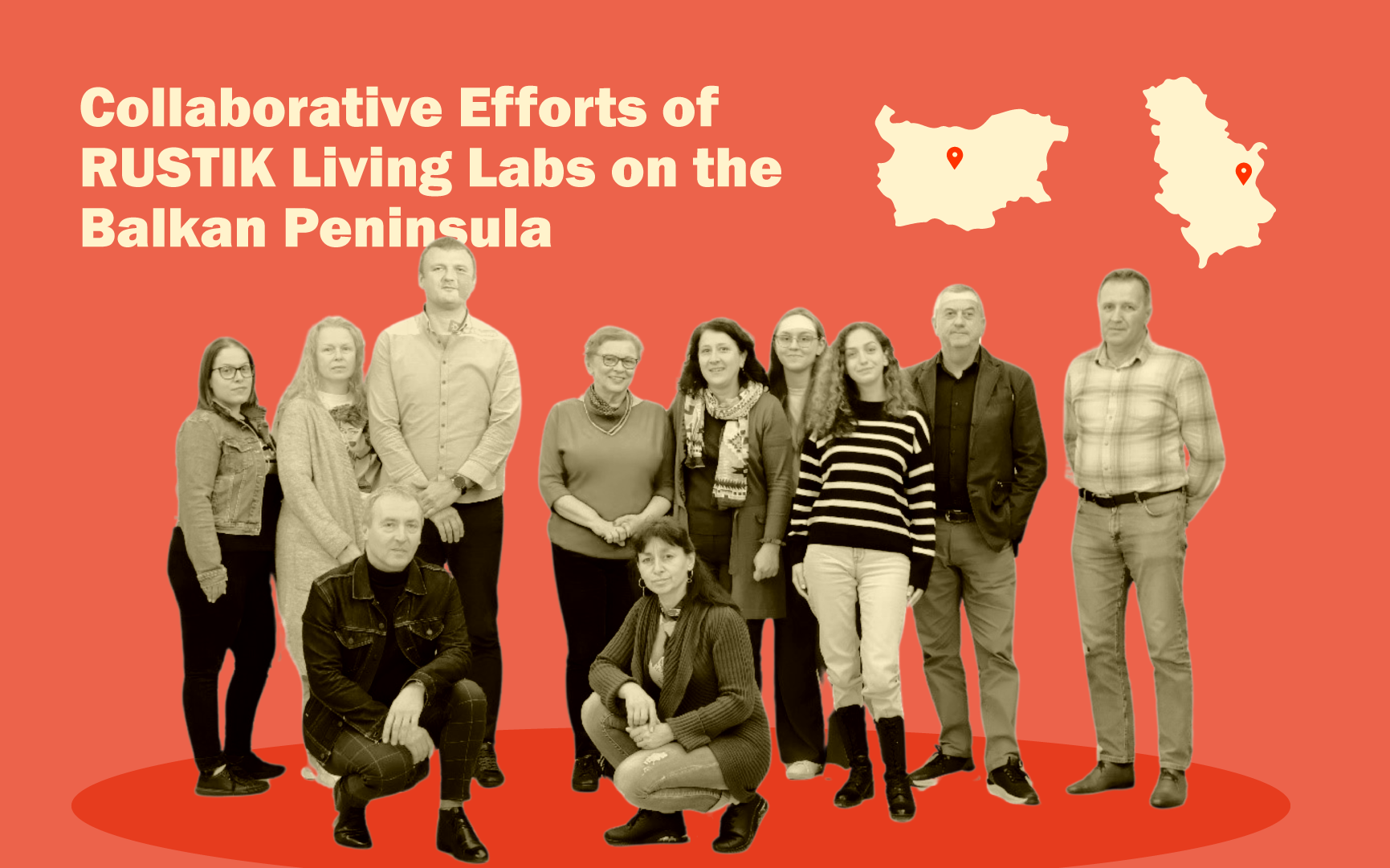
The RUSTIK Living Labs (LLs) are now actively conducting their data experiments, looking at how to provide new data, identify new sources and explore them using innovative methods. The experiments aim to help rural areas better manage key transitions and challenges they are experiencing.
Collaborative Efforts of RUSTIK Living Labs on the Balkan Peninsula
Two of the RUSTIK laboratories – Zajechar and Troyan-Aprilsti-Ugarchin (TAU), both located on the Balkan Peninsula but on either side of the Serbo-Bulgarian border, have identified a similar transitional challenge – the unexplored potential for cooperation between food-related actors as a resource for territorial development.
In order to get to know both territories better and how to conduct a comparative data experiment, the members of the two LLs, namely RARIS – Regional Development Agency Eastern Serbia and the Faculty of Agriculture, University of Belgrade and Local Action Group Troyan-Apriltsi-Ugarchin and the Department of Sociology, Sofia University “St. Kliment Ohridski”, organised a meeting hosted by Serbian partners.
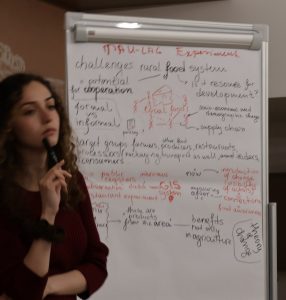 During the meeting, both LLs presented their key socio-economic challenges with a focus on food-related actors and policies. Identified data sources were discussed together with instruments for data collection (questionnaires and interview guides). Ideas and materials for further conceptualisation of the identified data were discussed, such as social network analysis of short food supply chain collaborations.
During the meeting, both LLs presented their key socio-economic challenges with a focus on food-related actors and policies. Identified data sources were discussed together with instruments for data collection (questionnaires and interview guides). Ideas and materials for further conceptualisation of the identified data were discussed, such as social network analysis of short food supply chain collaborations.
Both laboratories have decided to obtain comparable data sets, explore similar data sources and focus on similar target groups when conducting their experiments. The aim is to identify common and different aspects of the ‘Balkan syndrome’ of unexplored potential for collaboration.
RARIS and LAG TAU have presented territorial instruments they use to support local actors, such as the regional brand Balcanica Superior operating in Eastern Serbia and various food-related projects developed on the TAU territory. Both RUSTIK LLs therefore expect to support local actors in rural areas, both public and private, collective and individual, business and policy makers, to learn more about their territories, make better informed decisions and adopt data-driven solutions.
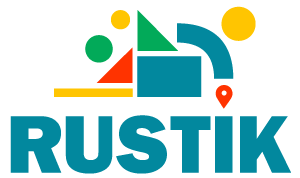




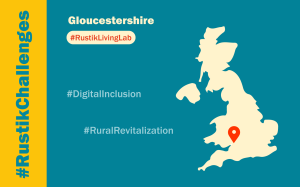

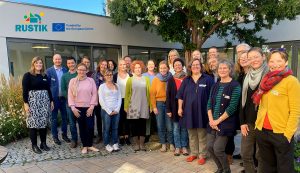
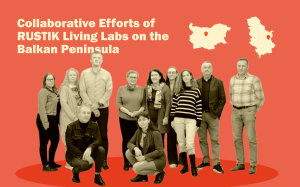
No comment yet, add your voice below!